Britain & Ireland
The Tudors continue to fascinate and some of their story is told here along with the other dynasty of the period the Stuarts. Alongside those resources are the podcasts on the ideas that transformed British society during that period and created a United Kingdom for the first time. The industrial revolution is explored through poetry as well as technology. Religious collapse, change and diversity are all themes explored in this section. Read more
Sort by:
Date (Newest first) | Title A-Z
Show:
All |
Articles |
Podcasts |
Multipage Articles
-

Out and About in Derry/Londonderry
ArticleClick to view -

My Favourite History Place: Llanelly House and Saint Elli’s Church
ArticleClick to view -
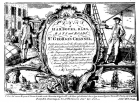
National distinctions entirely laid aside?
ArticleClick to view -
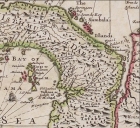
The Scottish dream of Darien
ArticleClick to view -

‘Cromwell’s trunks’
ArticleClick to view -
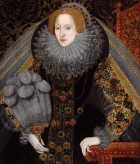
Private Lives of the Tudors
ArticleClick to view -
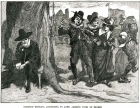
King James’s Book of Sports, 1617
ArticleClick to view -
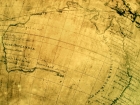
Joseph Banks and his travelling plants, 1787-1810
ArticleClick to view -

Film: London’s Dreaded Visitation – Epidemic disease in Restoration London
ArticleClick to view -
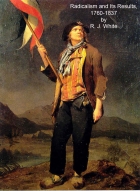
Radicalism and its Results, 1760-1837
ArticleClick to view -

Britain: the regional battlefields that helped to create a nation
ArticleClick to view -
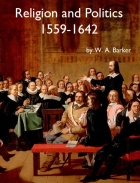
Religion and Politics 1559-1642
ArticleClick to view -

Bristol and the Slave Trade
ArticleClick to view -
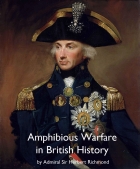
Amphibious Warfare in British History
ArticleClick to view -
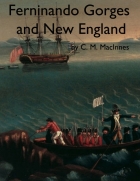
Ferninando Gorges and New England
ArticleClick to view -
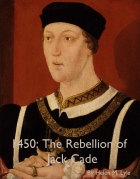
1450: The Rebellion of Jack Cade
ArticleClick to view -
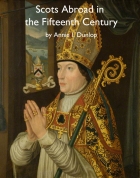
Scots Abroad in the Fifteenth Century
ArticleClick to view -
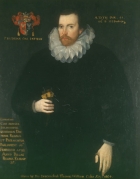
Reinventing the Charter: from Sir Edward Coke to 'freeborn John'
ArticleClick to view -
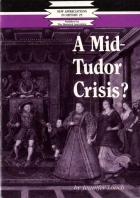
A Mid-Tudor Crisis?
ArticleClick to view -
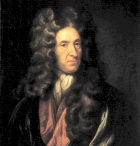
Daniel Defoe, public opinion and the Anglo-Scottish Union
ArticleClick to view

